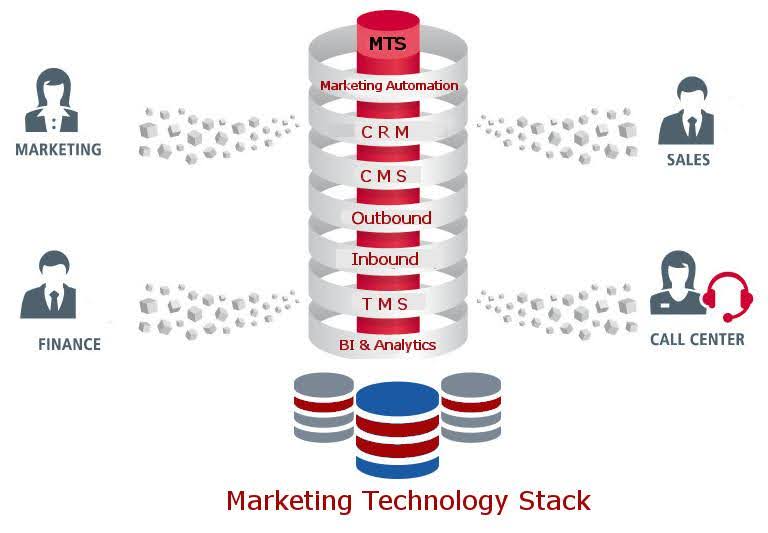Google may have been very slow to sunsetting cookies, but now wants to join the effort to phasing out the use of IP addresses in AdTech. In the fast-pace world of digital advertising, the tides are turning once again. This significant shift will have far-reaching consequences for the digital advertising industry.
Google just announced that it plans to roll out a feature that shields users’ IP addresses within its browser. Keep in mind that Apple has been doing this in their products for some time.

This shielding feature will limit IP tracking by third parties. IP addresses are unique digits that can identify a particular device. This helps advertisers create a pseudo unique identifier that is used to track users’ movement and activity.
What this means is that IP tracking by third parties, a key practice for advertisers to create unique identifiers and track user behavior, is about to become considerably more challenging.
This technology will initially be offered as an opt-in feature for users in the US, with plans for a phased global rollout. It will eventually become a core element of Chrome, Google’s immensely popular web browser. While Google spokesperson Scott Westover confirmed the company’s intent to experiment with this feature, details remain scarce at this stage.
If this proposal becomes a reality, it would signify a pivotal moment for AdTech. Two of the largest web browsers, Chrome and Apple’s Safari, will limit a signal that has been frequently exploited by AdTech companies to target advertisements, manage ad frequency, and detect ad fraud. Chrome boasts a 46% market share in the U.S., while Safari commands 43%, making their combined impact on the industry undeniable.
Crucially, IP protection will primarily block third-party access, allowing publishers to retain access to users’ IP addresses. This allows them to continue understanding their readers and viewers. However, programmatic partners may lose this vital access, creating a potential seismic shift in the AdTech landscape. This shift could be especially disruptive for AdTech companies that rely on IP addresses to create identifiers and target households.
The impending crackdown on IP address tracking dovetails with Google’s plan to eliminate third-party cookies in the second half of next year. Currently, IP addresses are considered less useful than third-party cookies. But in a world without cookies, many industry experts see IP addresses as the next best alternative. Paul Bannister, Chief Strategy Officer at Rapture, a publishing tech company, explains, “If cookies go away, more and more programmatic advertising companies will start relying on IP addresses more heavily.”
If both cookies and IP addresses are no longer viable options, the AdTech industry will face a colossal transformation. Andrew Casale, President and CEO of the SSP Index Exchange, underscores the magnitude of the task: “It’s a gargantuan task, and it’s going to amount to a significant amount of work.”
Moreover, the reduced availability of data may lead to reduced investments in the AdTech space. Addressability and signal strength are crucial for advertisers. As Andrew Casale explains, “When addressability diminishes, when signal diminishes, fewer advertisers bid on media, and when less advertisers bid, prices drop.”
However, it’s worth noting that potential price drops did not materialize when Safari began hiding users’ IP addresses. According to Bannister, this change had “no material impact on monetization.” So, there’s no need to sound the alarm just yet.
What’s clear is that Google and Apple’s strategic moves suggest that the IP address may not be the panacea that some thought could be in a post-cookie world. In this ever-evolving landscape, it’s a cat-and-mouse game, with tech giants aiming to close as many mouse holes as possible before the mice get out.
The implications of this shift in device tracking are profound, with AdTech companies now facing a crucial decision: adapt to new methodologies, or risk falling behind in an industry that’s evolving at breakneck speed. As we navigate this transition, one thing remains certain: the AdTech space is in for some exciting, albeit challenging, times ahead.




